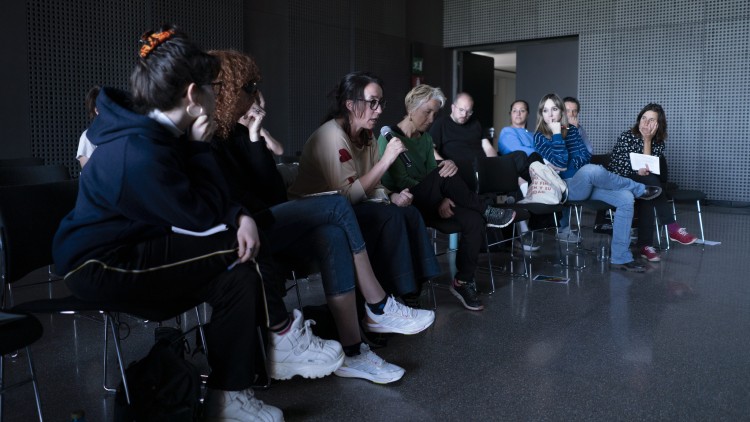The target groups benefit by ‘Art Living Lab for Sustainability’

The European project will impact and benefit six main target groups/audiences.
The European project ‘Art Living Lab for Sustainability’ impacts directly in six main target groups/audiences. The first one is the citizen groups or individuals with an interest in being directly involved in their rural context. The activity is generally aimed at people interested in culture, art, ecology or the environment.
The initiative impacts too in people interested in environmental/rural issues or those who participate in social movements related to climate change or climate justice. Apart of nodes such as ‘Extinction Rebellion’ or ‘Fridays for Future’, the project focus in people who live in rural contexts, as they are interested in that cultural life, natural issues or agro-ecological production. It can be added to these, the village youths, as often in rural contexts, only the older agent is thought of for his accumulated wisdom, but youth is the future and they demand attention to the climate crisis.
‘Art Living Lab for Sustainability’ involves neighbors, even if they do not participate in formal entities, but are part of the daily activities of the community; and the communities of each partner and stakeholder, as each association/entity has a community that supports it. It is fundamental the links build with the workers from the cultural sector, funders and/or workers from environmental foundations, local administrations, and associations who collaborate on cultural or environmental projects interested in promoting innovative cultural practices that address the goals of the 2030 agenda in a transversal manner.
The benefits bring to the audiences impacted
The project will bring the following personal and collective benefits, the principal, will be to experiment new ways of governance and empower citizenship with tools for decision making, experimenting with new ways of democracy. Other benefits will be an increase in confidence in the possibility of solving environmental challenges through collective processes, intensifying the citizen agency.
The project will provide models of participatory cultural tools and projects that may be adopted in different contexts and promote more environment-friendly practices. Also, a strengthening of the capacity of citizens to conceive of culture as an interdisciplinary tool to put aside social and/or environmental challenges; as a raise awareness on sustainable development, so the project embrace the concept of sustainability not only in terms of ecological development but also in terms of social sustainability.
Finally, a key target and advantage will be to put into value rural knowledges, that on many occasions have been considered backward or not “cool” by the elites of the city.
